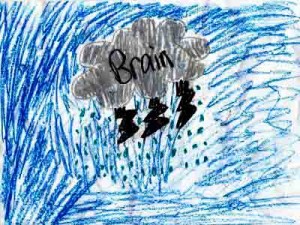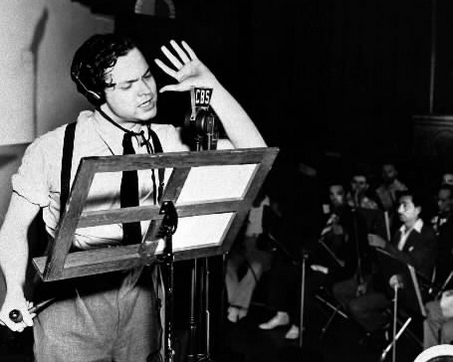
 Post by Sabrina Roach, Brown Paper Tickets Public Media Doer
Post by Sabrina Roach, Brown Paper Tickets Public Media Doer
As director of Brown Paper Tickets’ National Make Radio Challenge, I helped as many nonprofit organizations as possible learn about the opportunity to apply for a free low-power FM radio license in 2013. This year, I’m assisting applicants in building capacity so they can successfully get on the air and start broadcasting to local communities.
I’m co-facilitating a public community brainstorm tonight, April 17, 2014, at Historic Takoma in Takoma Park, MD. We’ll talk about what’s going on nationally with low-power FM radio and Historic Takoma’s local effort to create low-power FM community radio. Even if they don’t get the radio frequency, they will have a great foundation for any kind of community media project. At the very least, they will have more of a focus on telling their own stories by making their own media.
If your organization was one of the 2,780 nonprofits, colleges and faith organizations that applied for a low-power FM (LPFM) frequency through the Federal Communications Commission last November—and especially if you are one of the 1,137 who’ve already had your application accepted by the FCC—there are many community radio stations already on the air that are happy to share their knowledge and experience with you. One of the best ways to find roughly 250 of them is to join the National Federation of Community Broadcasters. They have a listserve where people trade technical assistance and thoughts on community radio. All questions get answered either by peers or Federation staff. They also have group buys on music royalties and equipment.
Read More…



 Arts
Arts Comedy
Comedy Event Tips
Event Tips Film
Film Food & Drink
Food & Drink Good Causes
Good Causes Music
Music News
News Radio
Radio Roller Derby
Roller Derby